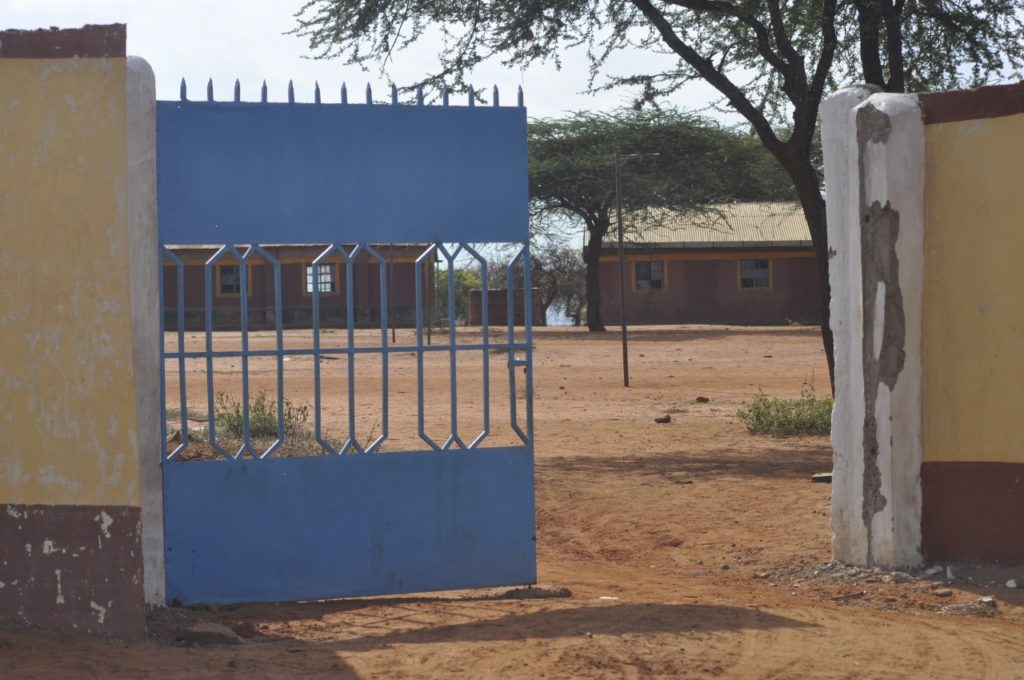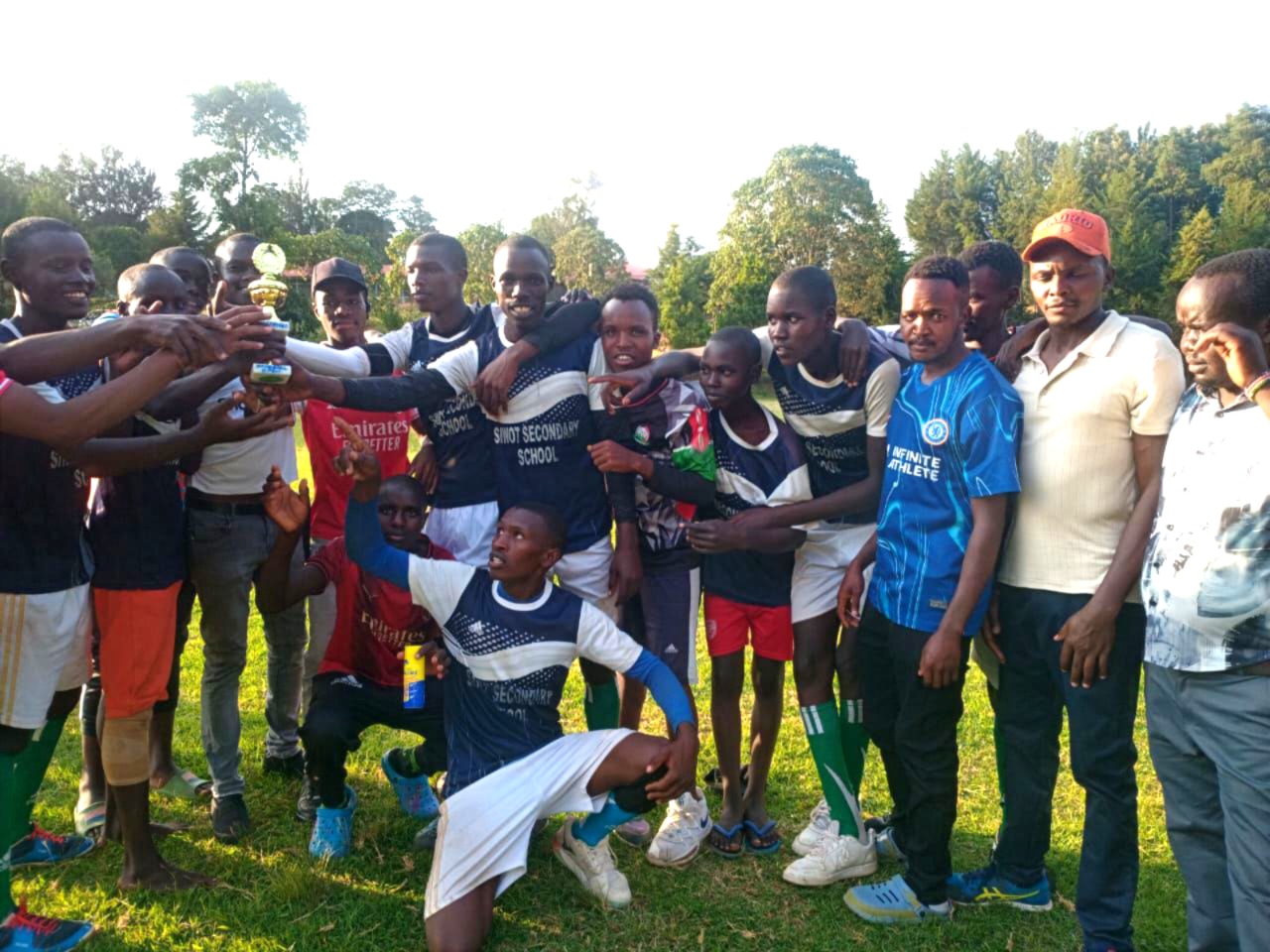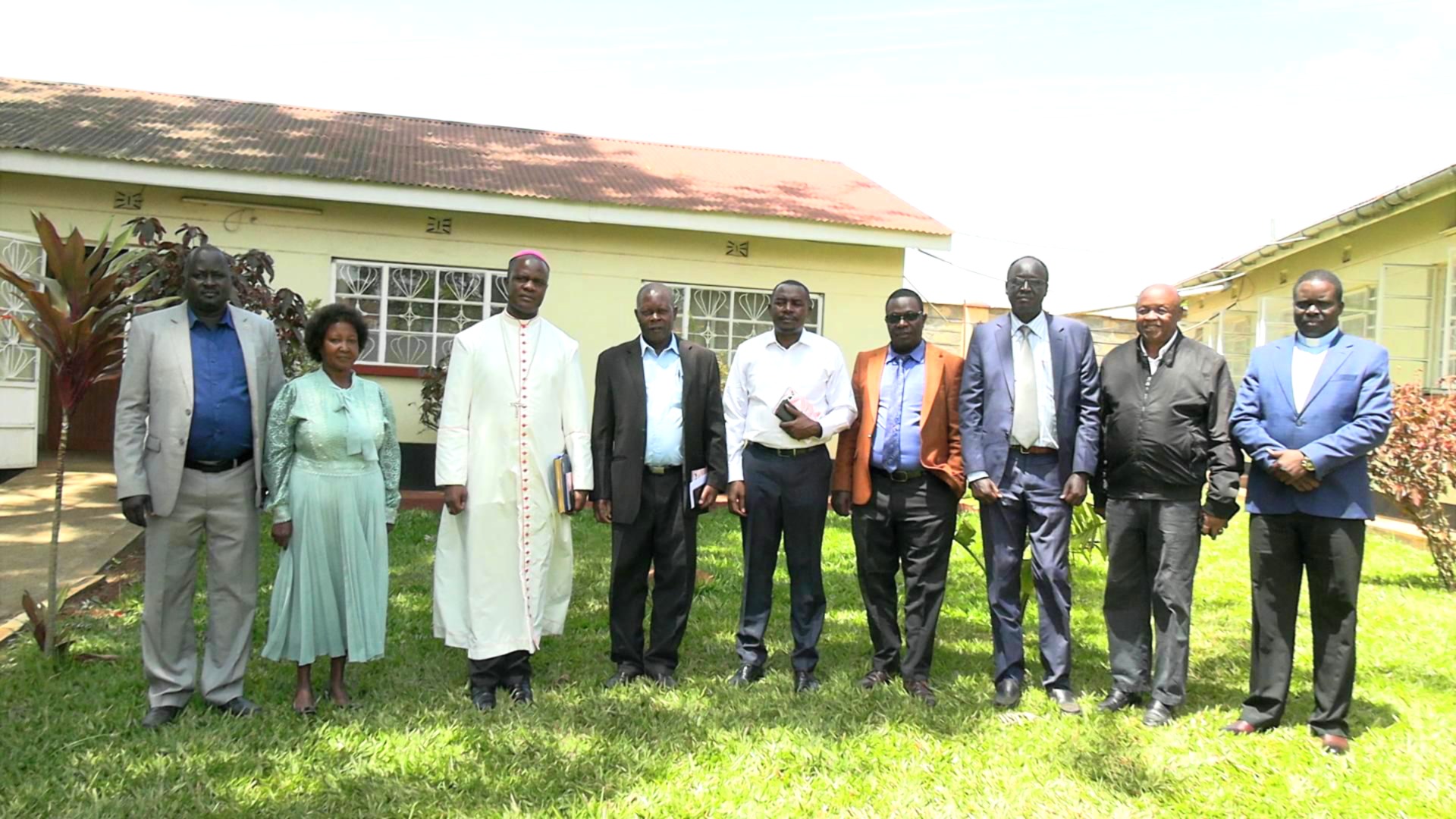By Kurgat Marindany
Hundreds of pupils in eight primary schools have been forced by parents to close down for fear of surging fear of elephant attacks in Masimba, Kajiado County.
The schools that have been closed are; Nemasi, Enkonerei MCK, Oldonyolenkai, Ilkelunyet, Orkatetemai, Oldonyosambu, Oltukai, and Chyulu, which are all public primary schools.
Pastor Justus Marona, an elder brother of a teacher killed on May 24, said the number of elephants has increased and all the schools in the area have been closed indefinitely.
“We have no other options but to let our children stay at home until the wildlife agency move their animals to the parks,” said Marona on Saturday.
Meanwhile, the Kenya Wildlife Service says it has put in place measures to mitigate a surge of human-wildlife conflict cases in the country.
But even as KWS spokesman, Ngugi Gecaga, tells Kenyans of intended mitigation, a family in Kajiado is yet to come to terms with the death of their two sons killed by elephants on the same day in different locations in Masimba on May 24.
William Sonke Marona, 47, a teacher at MCK School in Masimba had his life cut short by an elephant as walked into his home on the evening of May 24.

Marona was arriving home from Masimba market where he had gone to buy foodstuff for his family when he was attacked and killed 20 metres from his house in Losukoroi village.
Earlier on the same day at around 9 am, some 3 kilometres to the north of Marona’s home, lies thick bushes of tree in Olelepo village where his cousin, Pelo Muterian, was killed by an elephant.
His body was not discovered until last Tuesday when villagers stumbled on a fresh head they identified to belong to Muterian.
The other parts of the body are suspected to have been ripped away by hyenas. Muterian’s relative reported his disappearance one day after he failed to come home following the alleged attack.
We visited the location of the alleged attack and interviewed family members of both Muterian and Marona.
The body part was taken to Makindu Hospital mortuary as the family prepares to bury it. Marona has since been buried.
In a statement, Gecaga said; “One of the specific cases that have caught our attention is where two people were killed by marauding elephants in Merrueshi area of Kajiado East sub- County in Kajiado County”.
It was established through its investigations that only one person, Tom Parkisali, was killed by an elephant on the night of May 31 and not two people as reported by KWS.
“Immediately this happened in Merrueshi, KWS mobilized resources and personnel to respond to the unfortunate incident, with both ground and air teams being dispatched to drive the jumbos back to protected areas,” said the KWS spokesman.
The spokesman further said on Sunday that the KWS condoles with the families of the deceased, and reiterated its resolve to work closely with communities in areas affected by human-wildlife conflict.
“A KWS rapid response unit known as Problem Animal Management Unit continually monitors and rapidly responds to emerging conflict incidences,” said Gecaga.
He said that in the case of Merrueshi incident, PAMU supported by a multi-agency team from the county administration managed to drive the elephants back to Chyulu Hills National Park.
The teams combed the area with aerial assistance from a helicopter and we confirm there are no stray elephants in the area now, said the KWS.
But when we visited several homes in Masimba location, which is in the neighbourhood of Merrueshi, villagers showed where the elephants slept in the morning before rising to go for grazing in the nearby bushes.
“We appeal to communities to remain calm and to immediately alert KWS officers in their respective localities whenever they sight stray wildlife,” said the KWS spokesman.
On compensation for deaths occasioned by wild animals, KWS said it is currently in the process of disbursing funds availed by the Ministry of Tourism and Wildlife to pay families of people killed by wildlife after due process and verification is done.






